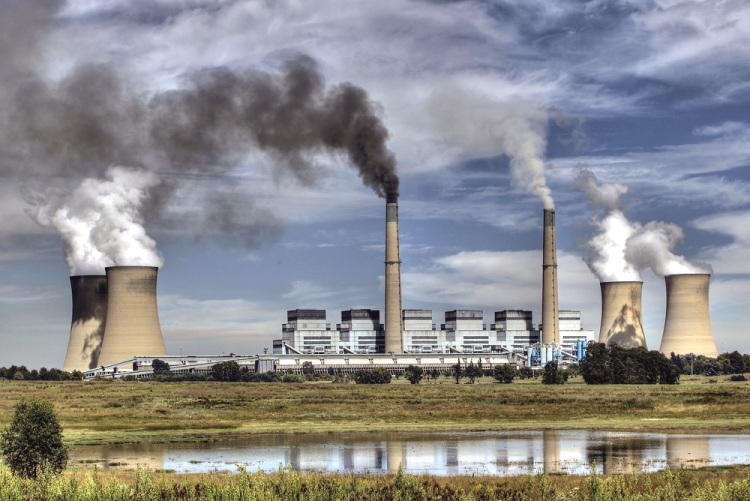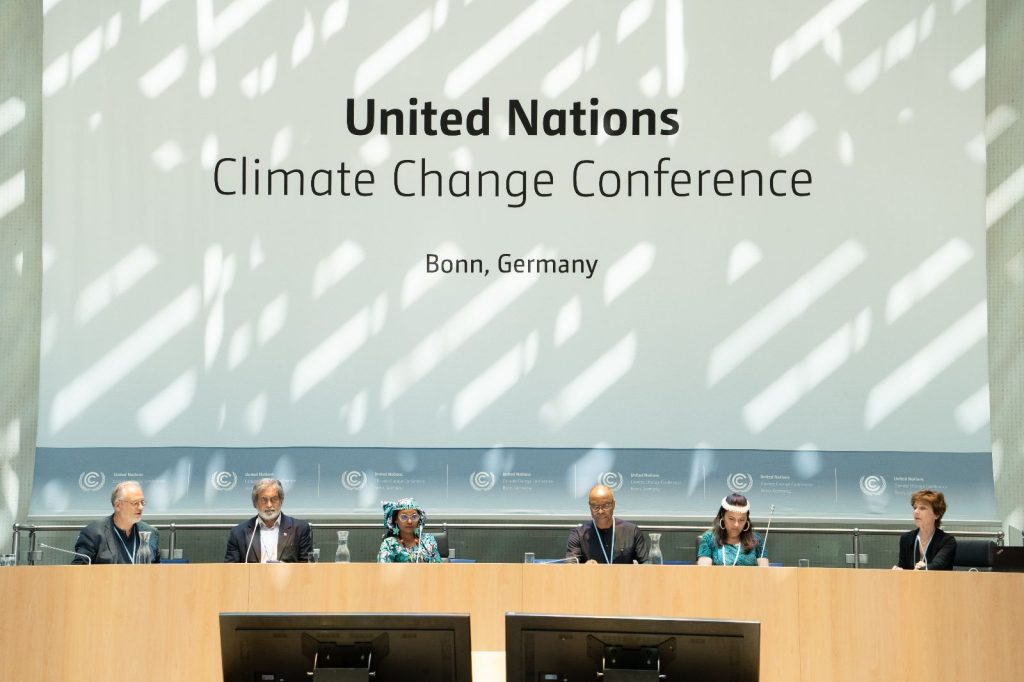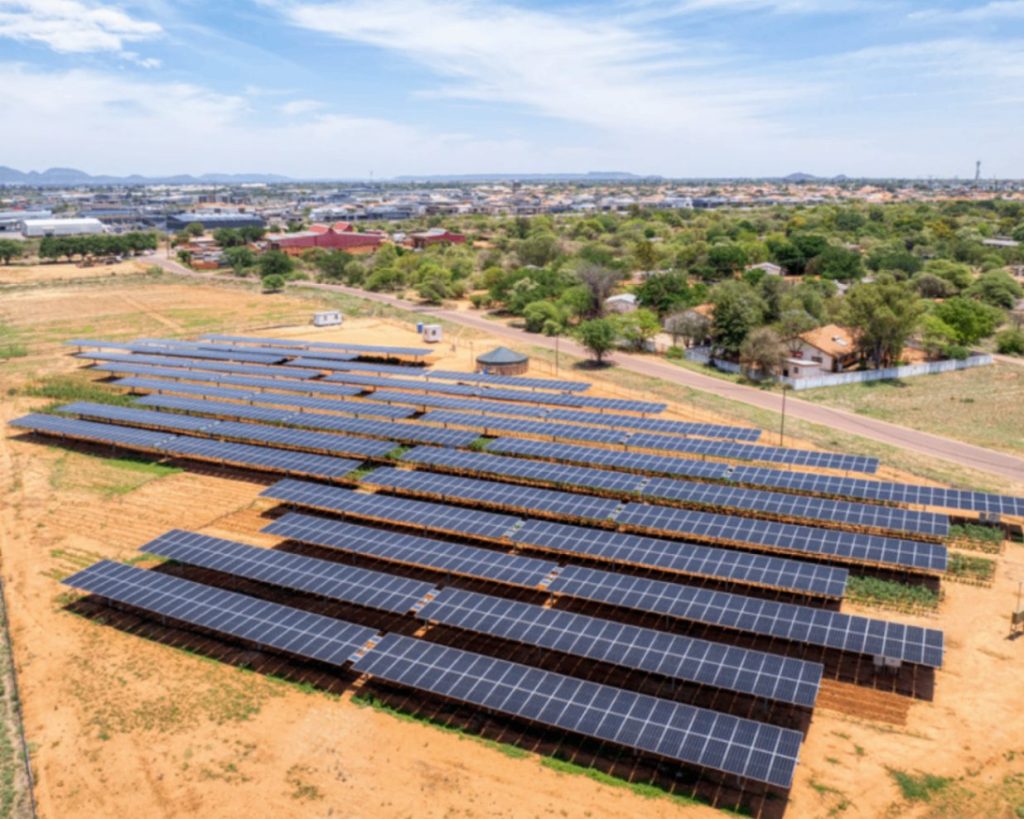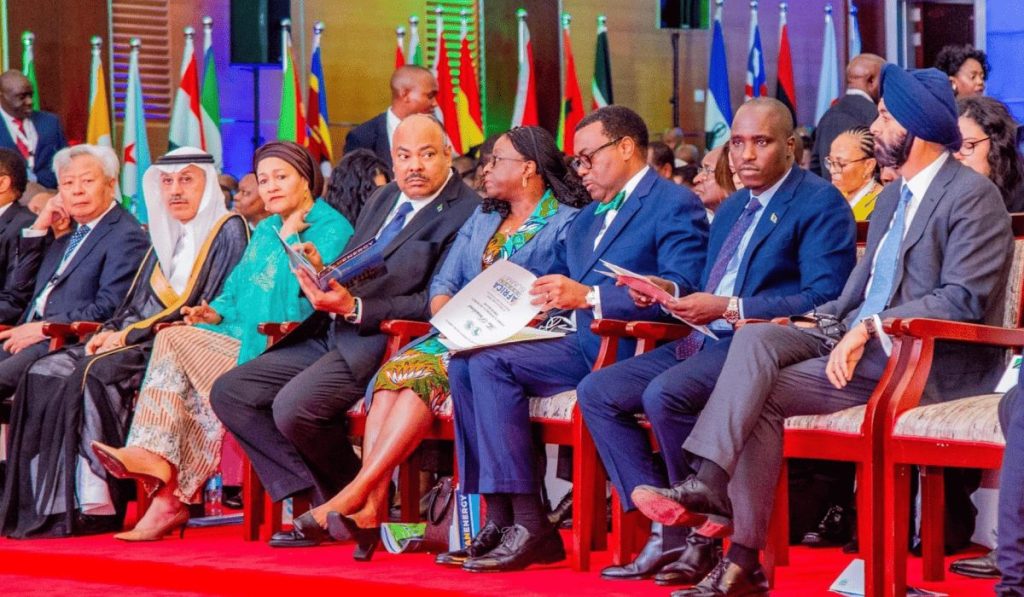Newly elected Nigerian President Bola Ahmed Tinubu, has announced that the country will no longer subsidise petrol for its citizens, after 50 years of having done so. According to Aljazeera, the President acknowledged it would impose an extra financial burden on citizens, but it would in turn free up finance for education, regular power supply, transport infrastructure and healthcare. Last year the government spent approximately $10bn on the subsidy, which was four times the health budget, and drove up government debt and exacerbated budget deficits. Nigerians, he said, should bear the decision to “save our country from going under”.
It is possible that that the move will also spur growth in renewable energy technologies, now competitive in the country. Earlier this year the Nigerian government also announced plans to unveil a carbon taxation policy in accordance with the provisions of the Climate Change Act 2021, and has also committed to end gas flaring by 2030.
Following the announcement, the price of petrol has nearly tripled, causing a rise in transport costs and frustration amongst unions. The impact has been particularly broad across the country that widely relies on petrol generators in small businesses and homes because of intermittent electricity supply. Unions commenced an indefinite strike which was paused after talks with government.
Although the specifics of how saved revenue will be recycled into social expenditure have yet to be released, AfricaNews has reported that the country has received $800 million from the World Bank to expand its national social program in response to the subsidy removal. Although acknowledging the subsidy reform as a good start, the Bank is also calling for Tinubu to prioritise rebuilding the country’s fiscal space, and a more comprehensive approach to fiscal policy reforms. In respect of the fuel subsidy reform specifically, Government is apparently considering implementing cash transfers and mass transit buses for workers. Reportedly it has also identified ten million households, equivalent to 50 million people, as part of its vulnerable list.
But will the reforms stick? Nigeria’s previous Presidents have all tried unsuccessfully to remove the subsidy, with attempts in 2012 leading to disastrous results. In an IISD interview with Neil McCulloch, Director of The Policy Practice, he estimates that based on previous experience in Nigeria, “after the price increase, for a little while, there are no subsidies, but then subsidies always re-emerge because the domestic currency slides relative to the dollar” adding that “as that happens, the cost of fuel goes up—but since the domestic price is fixed, that gap is filled by the budget.” He concluded that “usually, once you’ve had your one shot at removing subsidies, you don’t get another political shot at doing it, so subsidies accumulate”. As a result successive presidents have no choice but to leave it to the next president to do the same thing again. In McCulloch’s view, “we will wait to see is whether President Tinubu is going to change the system or just bump up the price as previous presidents did.”
Also in June, Angola reduced its petrol subsidy at the fuel pump, effecting an 87.5 percent rise in fuel prices in a country that has some of the world’s cheapest fuel. Manuel Junior, Angola’s Minister for Economic Coordination, said the removal of petrol subsidy is “a necessary measure to promote solid economic growth capable of addressing the serious problems facing the country”. The Minister stated that the country spent $3.8 billion in 2022 on fuel subsidies, whilst itself being Africa’s top crude oil producer. According to reports, in addition to reducing phasing out the petrol subsidy, the Ministry of Finance is also proposing a phased reduction on subsidies for diesel and illuminating oil up until 2025.


